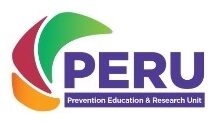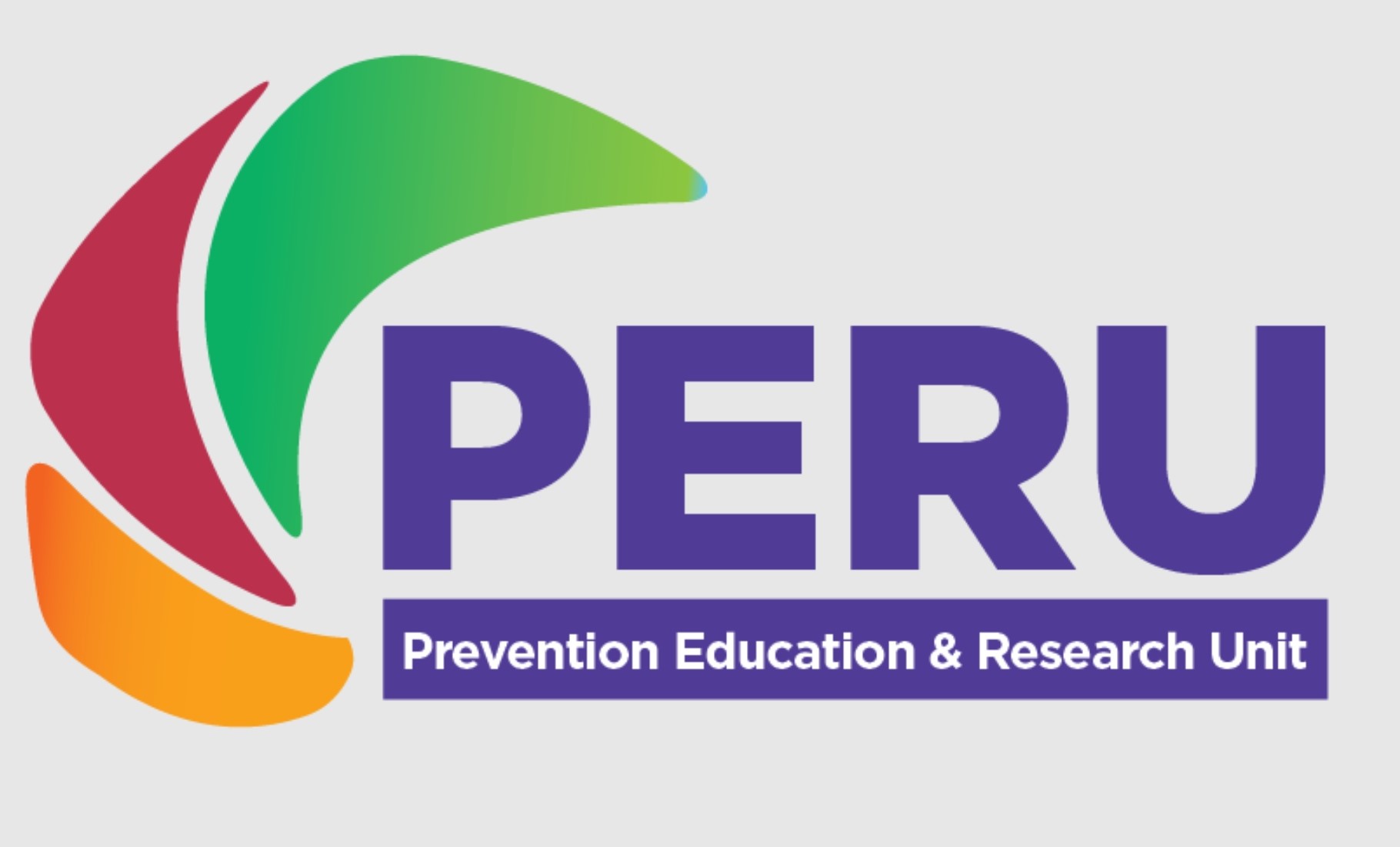Triple A Research
Research articles demonstrating the results of the Triple A program.

[ARTICLE] Effect of peer-led programme for asthma education in adolescents: cluster randomized controlled trial
Objective: To determine the effect of a peer led programme for asthma education on quality of life and related morbidity in adolescents with asthma.
Conclusion: The triple A programme leads to a clinically relevant improvement in quality of life and related morbidity in students with asthma. Wider dissemination of this programme in schools could play an important part in reducing the burden of asthma in adolescents.

[ARTICLE] Innovative asthma health promotion by rural community pharmacists: a feasibility study
Issue addressed: Asthma awareness in a rural community and the involvement of the community pharmacist in proactive health promotion.
Conclusions: The study provided a unique opportunity for community pharmacists to increase asthma awareness in a rural setting. The study demonstrated that it is feasible for rural community pharmacists to become involved in proactive health promotion and effectively provide asthma outreach programs.

[ARTICLE] Medical Students go back to school: The Triple A Journey
Background: Studies in medical humanities show that attention to the human aspects of medicine deepens the relationship between clinicians and patients and adds social value to medical encounters.
Discussion: The Triple A program works effectively at giving first hand experience to future doctors on what impact can be made by education. It shows future doctors the power of social responsibility while simultaneously improving the health and wellbeing of high school students.

[ARTICLE] An Interprofessional Learning Module on Asthma Health Promotion
Objective: To develop, implement, and evaluate a new interprofessional learning module that focused on asthma health promotion called Taking Action Together for Asthma.
Conclusion: Health promotion activities offer a viable mechanism for fostering interprofessional learning among health professions students.

[ARTICLE] Peer-led Asthma Education for Adolescents with Asthma in Jordan
Objectives: To determine the impact of a peer-led education program, developed in Australia, on health-related outcomes in high school students with asthma in Jordan.
Conclusions: This trial demonstrated that the Adolescent Asthma Action program can be readily adapted to suit different cultures and contexts. Adolescents in Jordan were successful in teaching their peers about asthma self-management and motivating them to avoid smoking. The findings revealed that peer education can be a useful strategy for health promotion programs in Jordanian schools when students are given the opportunity and training.

[ARTICLE] Effect of two educational interventions on pharmacy students’ confidence and skills in dealing with adolescents with asthma
Objectives: The aim of this study was: (1) to investigate the feasibility of incorporating the Triple A programme into the undergraduate pharmacy curriculum; (2) to compare the effect of the Triple A programme versus problem-based learning methods on the asthma knowledge of final-year pharmacy students and their perceived confidence in dealing with adolescents with asthma; and (3) to evaluate the effectiveness of a pharmacy student-led Triple A education on the asthma knowledge of adolescents with asthma.
Conclusion: Both the Triple A programme and PBL were effective in improving pharmacy students’ asthma knowledge, but the Triple A programme was more effective in improving students’ confidence about managing asthma. The programme thus appears feasible and appropriate to incorporate into an undergraduate pharmacy curriculum. Furthermore, as the asthma knowledge of year 11 students was significantly improved by the delivery of the Triple A programme by trained pharmacy students, it appears feasible to have pharmacy students continue to participate in the Triple A programme.



